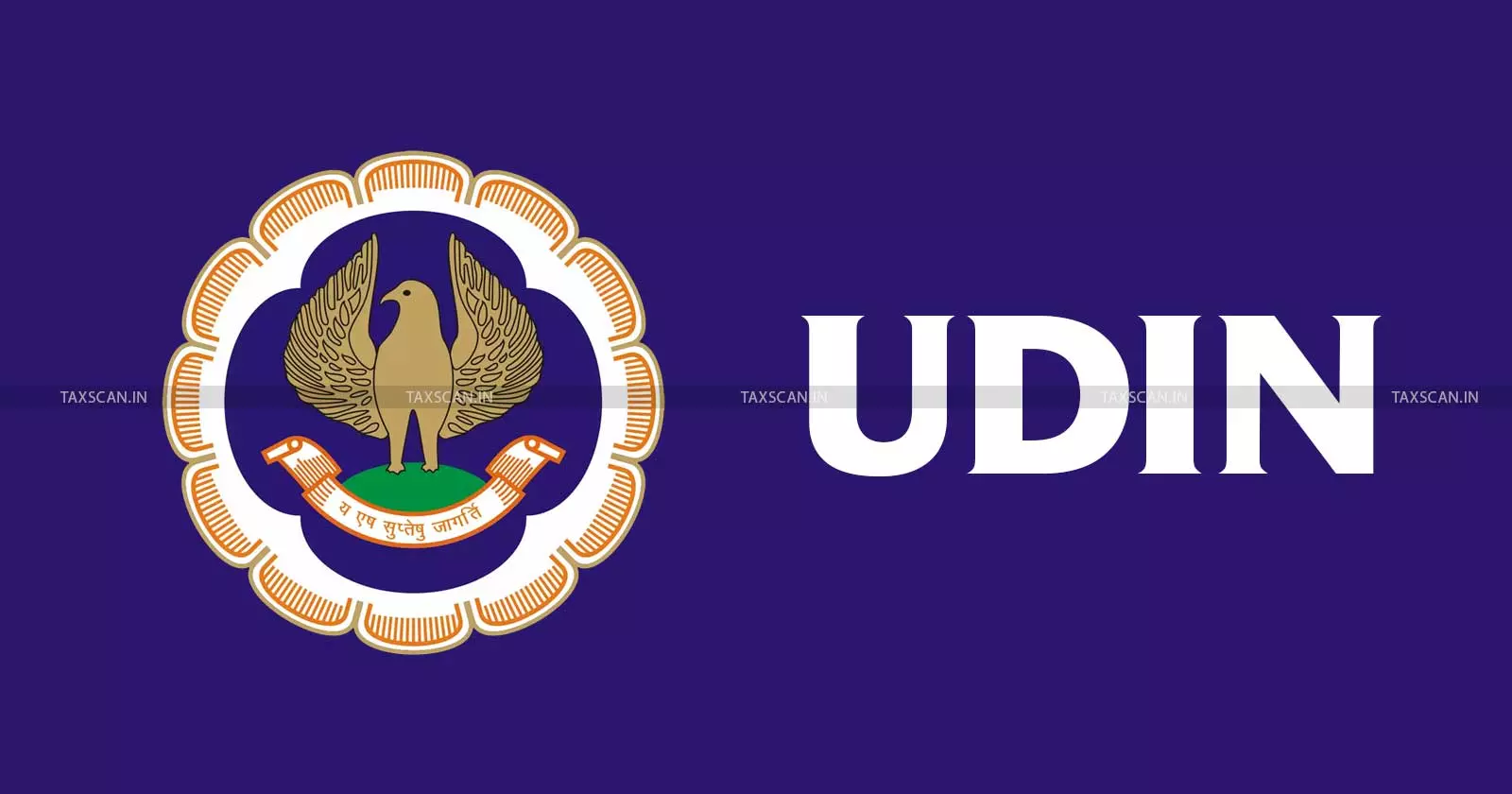ICAI UDIN Website Updates for Reporting of Audit Opinion of Assessees Mere 5 Days before Tax Audit Deadline
The Institute of Chartered Accountants of India (ICAI) has rolled out a significant update on its UDIN (Unique Document Identification Number) portal, introducing new mandatory fields for reporting the auditor’s opinion and entity classification, just five days before the October 31 tax audit deadline.

In a move that has stirred both curiosity and concern among practicing Chartered Accountants (CA), Institute of Chartered Accountants of India’s (ICAI) UDIN generation page now requires auditors to explicitly declare the Audit Opinion applicable to each audit, alongside specifying whether the entity audited is a Sole Proprietorship, LLP, Private or Public Company, Section 8 Company, NBFC, Cooperative Society, or other categories. The dropdown options, as seen on the UDIN portal, also extend to charitable and non-charitable trusts, banking and insurance companies, and societies registered under the Societies Act.
The changes, introduced on October 25, 2025, are applicable to documents generated under the Companies Act, 2013 and related financial audits. The update requires entry of data in several new fields, such as “Is Auditor’s Opinion applicable to this audit?”, “Key Audit Matters (KAM)”, “Emphasis of Matter (EOM)”, and “Material Uncertainty related to Going Concern,” among others. These details must now be filled before a UDIN can be generated.
Practitioners have noted that this update, although aimed at improving audit transparency and data analytics, comes at a particularly inconvenient time. The tax audit filing deadline of October 31 leaves firms little room to adapt workflows or reformat their internal audit documentation processes. Several CAs have reported that the portal’s sudden update is slowing down UDIN issuance and complicating last-minute compliance work for audits nearing completion.
The UDIN initiative, launched by ICAI in 2019, was designed to curb document forgery and authenticate documents certified by Chartered Accountants. With this latest update, ICAI appears to be moving toward data-based profiling of audit trends, allowing regulators to identify audit quality patterns, industry-wise reporting structures, and recurring emphasis or qualification issues.
Experts interpret the timing as part of ICAI’s wider push to align its systems with NFRA’s (National Financial Reporting Authority) audit objectives and to enhance AI-driven compliance analytics in financial reporting.
While the move is well-intentioned from a governance perspective, tax professionals argue that implementing such mandatory audit opinion disclosures days before the statutory audit deadline may cause operational bottlenecks. ICAI has not yet released a formal clarification or FAQ on whether the new reporting format will apply retrospectively to audits already completed but pending UDIN generation.
If the change stays, this could mark the beginning of a more granular, data-integrated audit reporting regime, where every signed audit report carries structured metadata reflecting the auditor’s judgment, a step that could reshape audit accountability and analytics in the years to come.
Support our journalism by subscribing to Taxscan premium. Follow us on Telegram for quick updates


